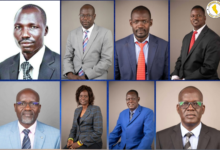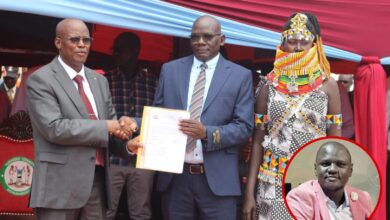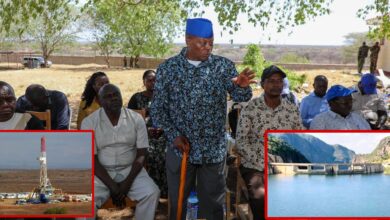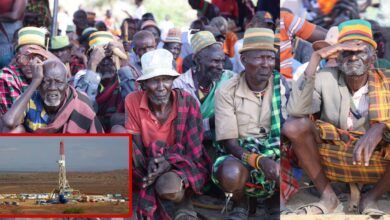Thousands of Households in Arid Counties Risk Losing Vital Support Due to Underfunding, Delayed Payments — NDMA
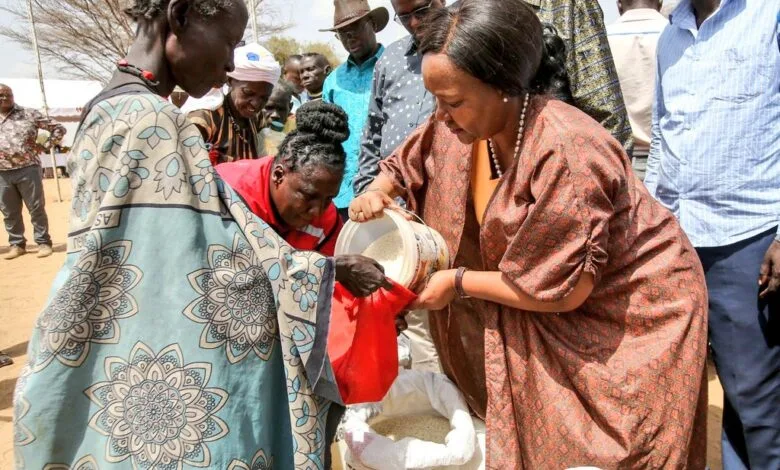
Thousands of drought-affected households in arid counties risk going without critical support after the National Drought Management Authority (NDMA) revealed that chronic underfunding has delayed payments under the Hunger Safety Net Programme (HSNP), leaving arrears of Sh3.9 billion.
Appearing before the Departmental Committee on Regional Development on Tuesday, NDMA said it had received only Sh1.5 billion of the Sh5.47 billion required for the 2024/2025 cycle, forcing the agency to make partial or staggered payments to beneficiaries.
The meeting, chaired by Sigor MP Peter Lochakapong, followed a motion by Turkana South MP Ariko Namoit pressing for urgent payment of benefits to drought-affected households.
The HSNP is an unconditional government cash transfer programme implemented by NDMA in eight of Kenya’s poorest and most arid counties—Turkana, Wajir, Mandera, Marsabit, Garissa, Tana River, Isiolo, and Samburu.
Each household under the programme receives a monthly cash stipend of Sh2,700, helping families buy food and meet other basic needs during periods of hardship.
NDMA CEO Hared H. Adan told MPs that chronic underfunding had severely limited the authority’s ability to make monthly payments.
“Because of this gap, we could only make full payments for July, August and September 2024. October payments were partial and funds were depleted thereafter,” he said.Family games
The NDMA’s arrears now total Sh3.9 billion. Hared noted that an appeal to the National Treasury via a supplementary budget request went unanswered.
“We deeply regret the suffering, but these delays stem solely from insufficient budget releases,” he said.
Arid and semi-arid counties
Launched under Vision 2030 and central to the Bottom-Up Economic Transformation Agenda (BETA), HSNP currently supports 133,800 households across the arid and semi-arid counties.
Hared explained that beneficiaries are selected through a data-driven system linked to the Enhanced Single Registry (ESR), jointly managed with the Kenya National Bureau of Statistics (KNBS). Households already receiving Inua Jamii benefits are excluded.Kenya travel deals
He emphasised that irregular exchequer releases forced NDMA to stagger payments across counties, adding that communication with beneficiaries had been inadequate.
“We held consultations with the Treasury and Parliament before issuing updates, to avoid triggering panic among households. Unfortunately, that silence fuelled anxiety,” he said.

